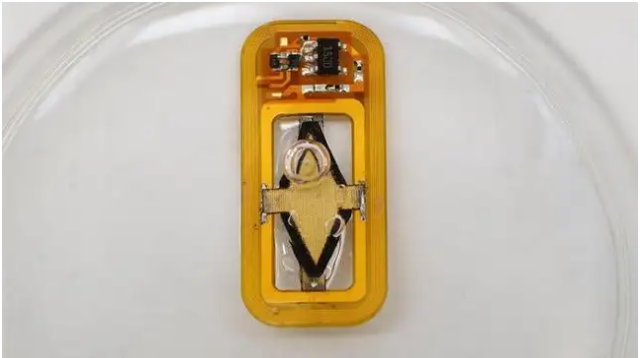MIT scientists might be one step closer to making insulin injections a thing of the past. In a new study this week, they’ve shown that it’s possible to implant a medical device inside mice that produces its own supply of insulin for up to a month. More research will be needed before this technology would be widely available to use in humans, however.
Insulin is a hormone with several roles in the body, but its main function is to help move glucose from the bloodstream to our cells so they can use it for energy (the glucose comes from digesting carbohydrates). When this process goes awry, it can lead to chronically high blood sugar and the development of diabetes. People with type 1 diabetes have an overzealous immune system that attacks the pancreatic islet cells responsible for making insulin, while people with type 2 diabetes develop a resistance to insulin’s effects.
Those with type 1 diabetes (and eventually, many people with type 2) are no longer able to produce enough insulin and require regular injections of it to keep their blood sugar in check. The invention of injectable insulin has stopped diabetes from being a death sentence. However, diabetics still experience a greater risk of many health complications and shorter life expectancy, especially if they have a harder time controlling their blood sugar. As a result, scientists are still looking for ways to improve how insulin can be provided to people.













